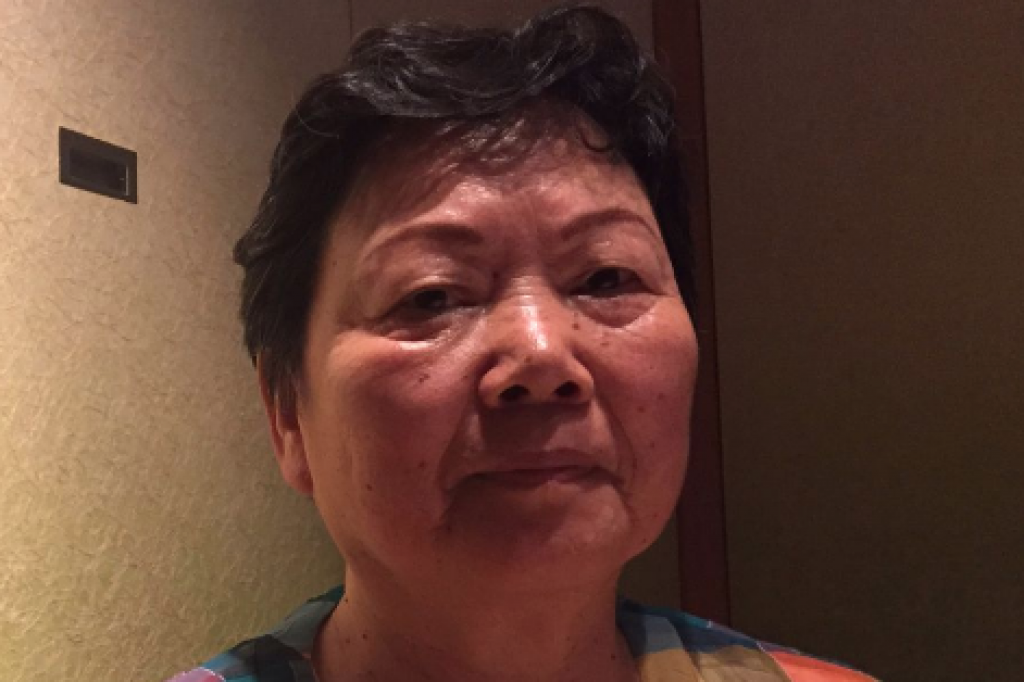“In April 1960, not yet finished with high school, 17-year-old Eiko Kawasaki boarded a Soviet ship called the Kryl’ion in the Japanese port of Niigata and set sail on the journey of a lifetime, to a place she was told was paradise: North Korea.
She and hundreds of her fellow passengers had heard about free housing and guaranteed jobs in Kim Il Sung’s socialist state. And they felt a sense of kinship: All were either ethnic Koreans born in Japan or Koreans brought to Japan to work during the 1910–1945 colonial era, when Japan harshly occupied and ruled the Korean peninsula.”
Continue reading on Los Angeles Times

